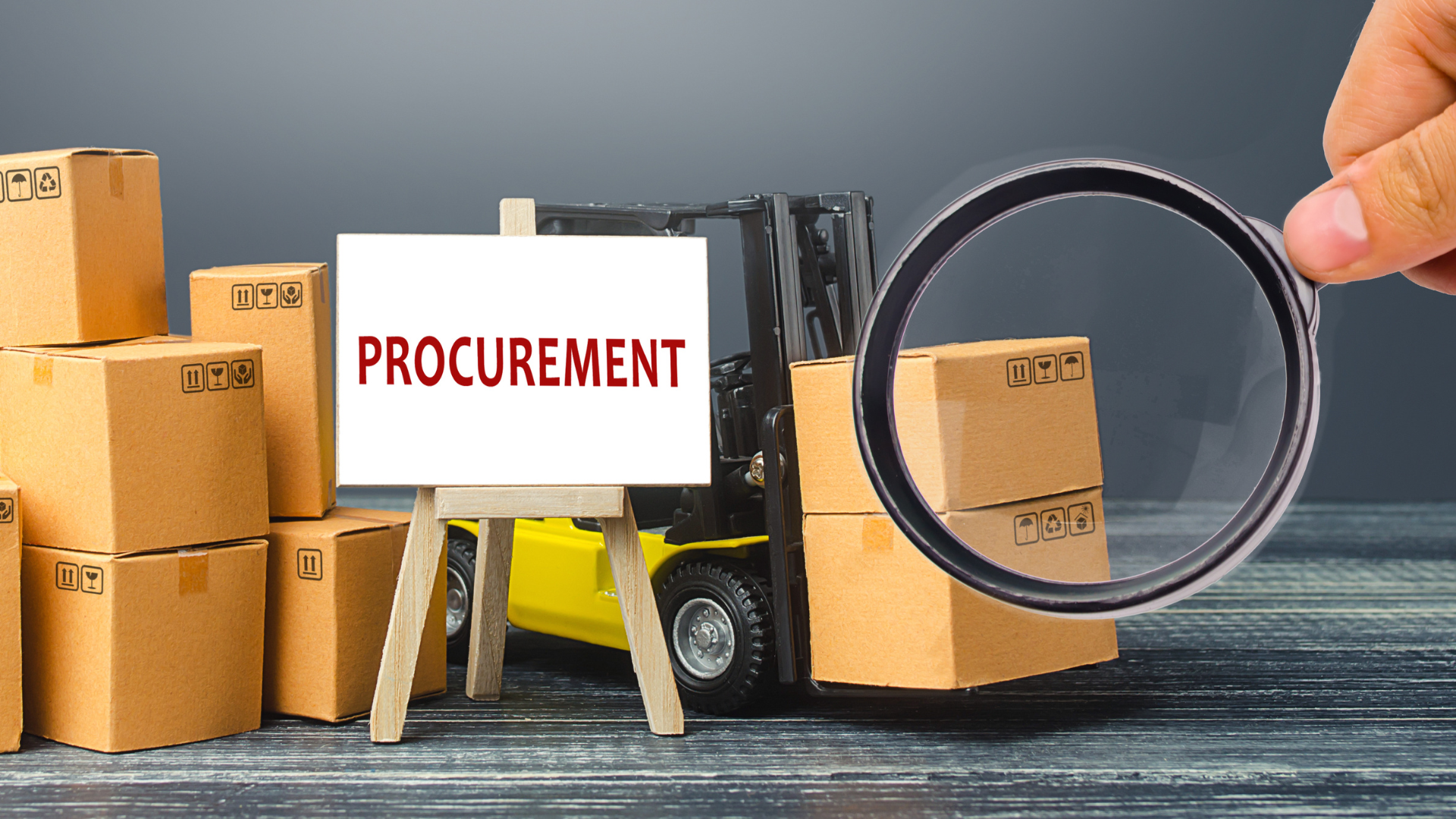Logistics management refers to coordinating the flow of goods and information throughout the supply chain. The warehouse operations manager is the person who oversees logistics management. Tasks include space planning and layout, storage, picking, packing, and shipment. The warehouse manager needs to consider inventory turnover and warehouse space issues. They must also balance the needs of the customer, staff, and company.
The logistics sector is as varied as it is essential. Logistics management is the science of finding, storing, transporting, and using goods-and the people who manage the logistics chain are critical to enterprise success. The logistics industry encompasses supply chain management, freight forwarding, rail transport, inventory management, warehousing, and manufacturing. Let’s take a closer look at logistics management.
Proper planning
Proper planning is one of the tips for efficient logistics management. It is the most important part of managing logistics if you want to have an efficient delivery. This approach involves proper implementation, timely execution, and accurate reporting. It ensures that you are in control of everything that happens during the transport of goods. This way, all the strategies you implement are likely to work out and everything would go according to the plan.
From the point of origin to the final destination, meticulous attention to detail is essential to avoid unnecessary delays and complications. One crucial aspect of logistics management is adherence to international rules and regulations governing cargo imports. The Importer Security Filing (ISF), for one, is a requirement set forth by the U.S. Customs and Border Protection (CBP) for ocean cargo entering the United States. So if your shipment is going to the US, then incorporating ISF Filing into your logistics strategy is a smart move, ensuring compliance with CBP regulations and facilitating a smoother customs clearance process.
Automation
Today, automated processes, or algorithms, are replacing many of the tasks performed by humans. The ways in which this automation has impacted logistics are numerous and significant. From reduced costs to improved visibility, the automation of logistics processes has had a positive impact on the way logistics organizations operate.
Value relations
Value relations are one of the tips that efficient logistics management has. Value relation management involves the coordination between the different business processes. It involves the knowledge of value, cost, measures, and profits. Value relation management involves the improvement of logistics performance. This entails the improvement in productivity, effectiveness, and efficiency. Value relations management has also involved the use of information and communication technology to provide new and better ways of managing logistics.
Warehouse management
Warehouse management is one of the main elements of logistics management. To a great extent, this professional field deals with warehouse management, inventory management, freight management, etc. It involves all processes in warehouse and logistics management. Managing a warehouse is more complicated than in other fields of engineering. And warehouse manager should be fully aware and informed about all processes, labor, and costs of the warehouse.
Efficient transportation
Transportation is an integral part of successful logistics management, and when it’s done efficiently, it can really improve the supply chain. Logistics companies can take advantage of transportation management software solutions offered by firms like Go3G, which can help streamline operations, enhance visibility, and optimize the overall efficiency of transportation processes.
Keep in mind that efficient transportation management ensures better service and faster delivery for both suppliers and customers. It only makes sense to ship them as quickly as possible or have them arrive at their destinations faster when transporting products. Here are a few ways logistics professionals can utilize efficient transportation management to enhance supply chain performance.
Measure and improvise
Logistics is the glue that holds together any supply chain. Logistics is the process of moving a product or service from one point to another. It is the process where the supply chain and inventory management intersect. The transaction-based nature of logistics refers to moving goods or people from one place to another. Logistics management focuses on operational excellence, performance, and optimization of logistics. In short, logistics is the backbone of the supply chain.
Logistics management plays a major role in ensuring there are enough supplies in stock to meet customer demand. This industry is responsible for moving goods from the manufacturer to the consumer, and the logistics management specialists that manage this process are in high demand.

